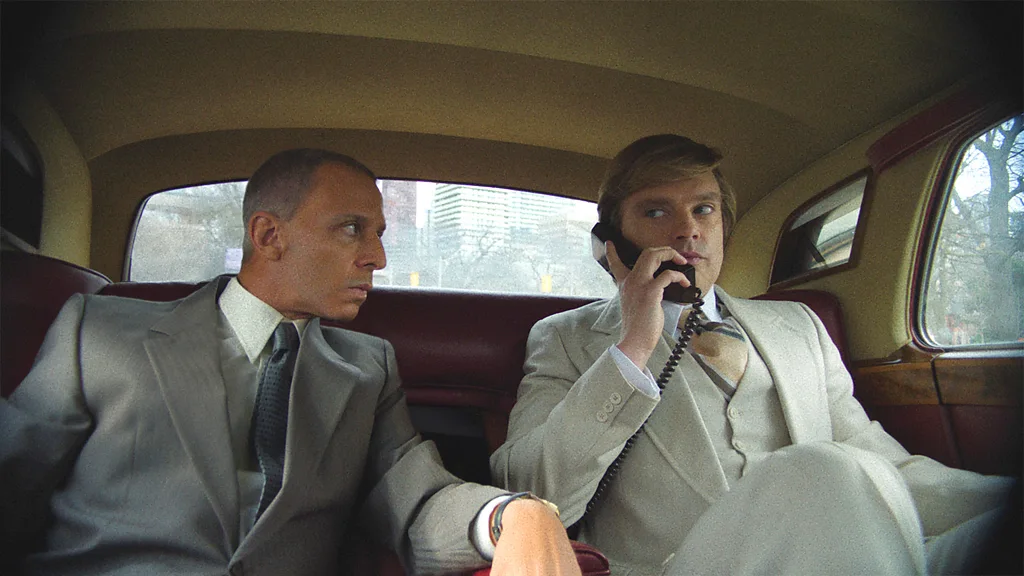
The Apprentice review: Sebastian Stan is 'excellent' as a young Donald Trump
With Sebastian Stan as the young Donald Trump and Jeremy Strong as his notoriously vicious lawyer mentor Roy Cohn, The Apprentice is part "compellingly cynical buddy movie", part conventional biopic. Taking its name from a certain television series, The Apprentice is a shrewd and darkly amusing tragicomedy that dramatises Donald Trump's rise to fame and fortune in the 1970s and 80s. What that means is that some viewers will condemn it for being too harsh and others will condemn it for not being harsh enough. But the filmmakers' cunning efforts to show their subject as a human being rather than a superhero or a supervillain are what make it so watchable. While the movie begins with a disclaimer that many of its events are fictionalised, the former president has threatened to take legal action. Donald (Sebastian Stan) is first seen as a young man in the early 1970s. He works for the New York real estate company run by his cold and condescending father Fred (Martin Donovan), knocking on doors and collecting rent from his impoverished tenants, but he dreams of opening a luxury high-rise hotel near Central Station. The only snag is that the company is being sued over the small matter of its racial profiling of potential renters. "How can I be racist when I've got a black driver?" splutters Fred. Enter Roy Cohn (Jeremy Strong), a notoriously vicious and unscrupulous lawyer who catches Donald's eye in a swanky members club. Cohn may be in the habit of taking meetings in his office while he does sit-ups in his underpants, but Donald is spellbound by his rudeness, his contempt for his opponents, and his three rules for success: always attack, never admit to any wrongdoing, and never admit defeat. The fact that he is so open about using blackmail only adds to his lustre in the younger man's eyes. Cohn could be the encouraging father figure that Donald has always lacked. The Apprentice is directed by Ali Abbasi, the Iranian-Danish director of Border and Holy Spider, which might explain why it is less partisan than an equivalent film from a US director (although the screenplay is by Gabriel Sherman, a US political journalist). Shot to look like a worn-out video tape of a 1980s TV show, it's good sordid fun in its first half because its Donald is so different from the one who has become unavoidable over the past decade.

